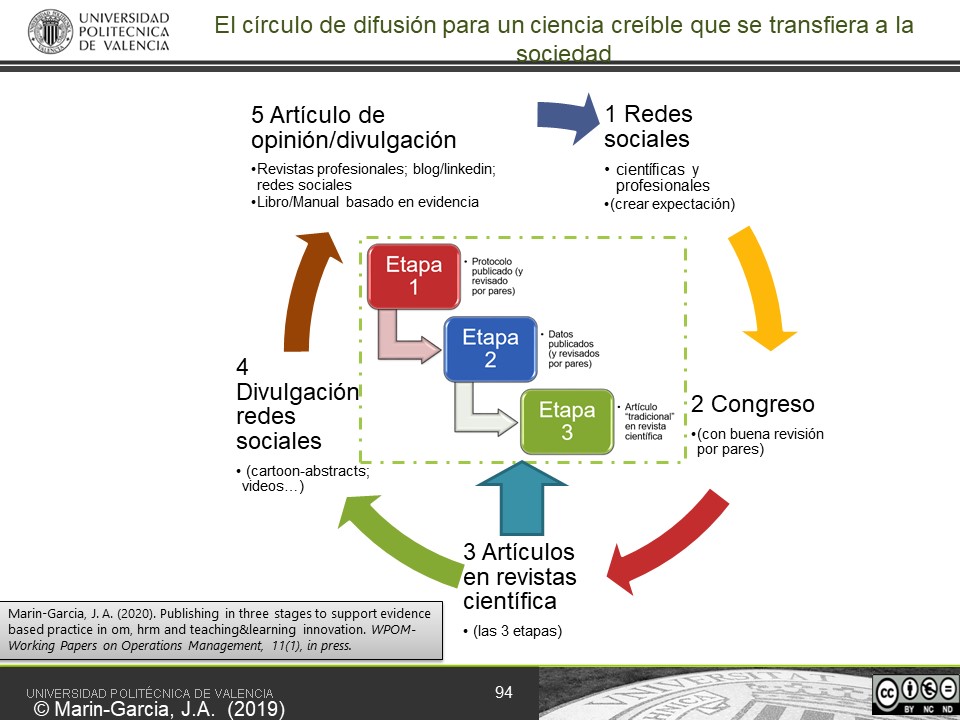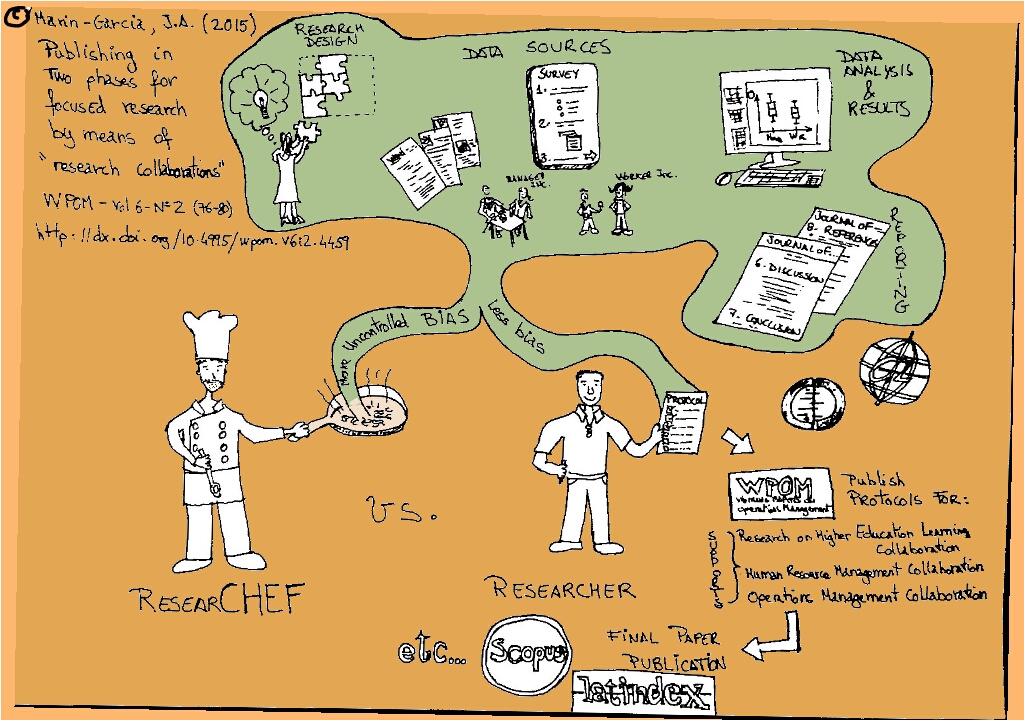Marin-Garcia, J. A., Martinez-Tomas, J., Juarez-Tarraga, A., & Santandreu-Mascarell, C. (2024). Protocol paper: From Chaos to Order. Augmenting Manual Article Screening with Sentence Transformers in Management Systematic Reviews. WPOM-Working Papers on Operations Management, 15, 172–208. https://doi.org/10.4995/wpom.22282
What is it about?
This protocol paper describes a new method to help researchers screen and classify scientific articles more efficiently during systematic literature reviews. The authors propose using AI language models called «sentence transformers» to automatically analyze article titles and abstracts, comparing them to the review’s topic of interest. This helps researchers prioritize which articles to review first, rather than working through them randomly. The method was tested with 14 different AI models on a small set of articles about workplace management practices.
Featured Image

Why is it important?
As scientific publications grow exponentially, researchers struggle to efficiently review all relevant literature. This method could: * Save significant time in the screening process * Reduce researcher fatigue and potential bias * Make systematic reviews more accessible to researchers with limited resources * Help democratize access to advanced AI tools for academic research * Support evidence-based management practices by making literature reviews more feasible The approach is particularly valuable because it’s designed to complement rather than replace human judgment, and can be implemented using free, accessible tools.
Perspectives
This protocol represents an innovative bridge between cutting-edge AI technology and traditional academic research methods. The authors’ commitment to making the tool freely available and easy to use for researchers worldwide, regardless of technical expertise or resources, is particularly noteworthy. The pilot results suggest promising potential, though more testing is needed to validate the approach at larger scales.
Universitat Politecnica de Valencia
Read the Original
This page is a summary of: Protocol paper: From Chaos to Order. Augmenting Manual Article Screening with Sentence Transformers in Management Systematic Reviews, WPOM – Working Papers on Operations Management, December 2024, Universitat Politecnica de Valencia,
DOI: 10.4995/wpom.22282.
Visitas: 1



